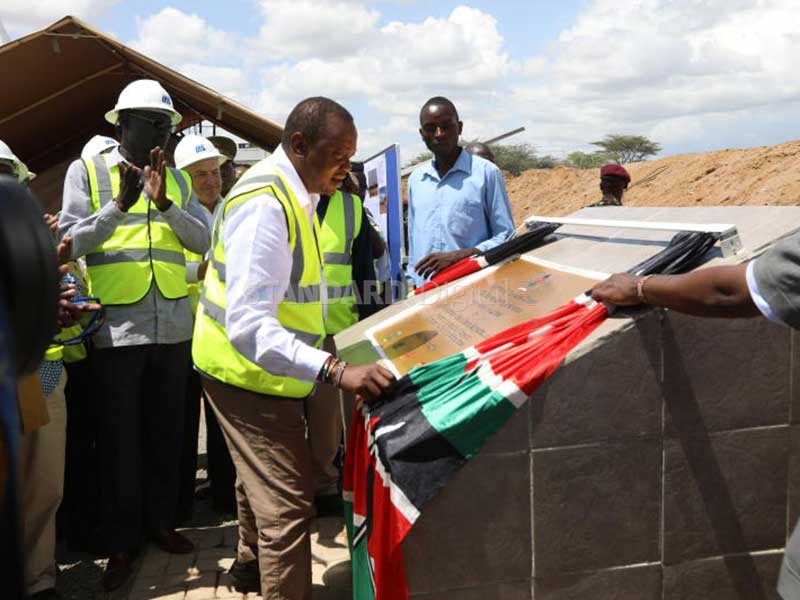×
The Standard e-Paper
Smart Minds Choose Us

Kapese village might pass the cliché description of a sleepy village. Until recently, few people could trace it on the Kenyan map. It is however becoming increasingly popular and slowly creeping into the everyday talk among Kenyans.
Its popularity went a notch higher yesterday, when it hosted Kenya’s political and oil industry elite that had gone to witness President Uhuru Kenyatta flag off the first convoy of trucks ferrying crude oil from nearby oil fields to Mombasa.